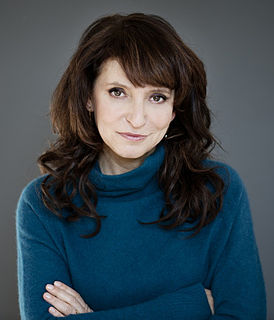A Quote by Alan Watts
The whole point of Zen is to suspend the rules we have superimposed on things and to see the world as it is
Related Quotes
The important thing is allowing the whole world to wake up. Part of allowing the whole world to wake up is recognizing that the whole world is free—everybody is free to be as they are. Until the whole world is free to agree with you or disagree with you, until you have given the freedom to everyone to like you or not like you, to love you or hate you, to see things as you see them or to see things differently—until you have given the whole world its freedom—you’ll never have your freedom.
To have Zen is to be in a state of pure sensation. It is to be freed from the grip of concepts, to see through them. This is not the same as rejecting conceptual thinking. Thoughts and words are in the world and are as natural as flowers. It is a mistake therefore to think that Zen is anti-intellectual.
I have a slight controversy with the Dogme brethren because I've been saying that rules are to be interpreted; not that I haven't followed the rules, because I don't see the point of submitting yourself to a set of rules if you don't follow them. But having said that, it is always a lot of interpretation.



































